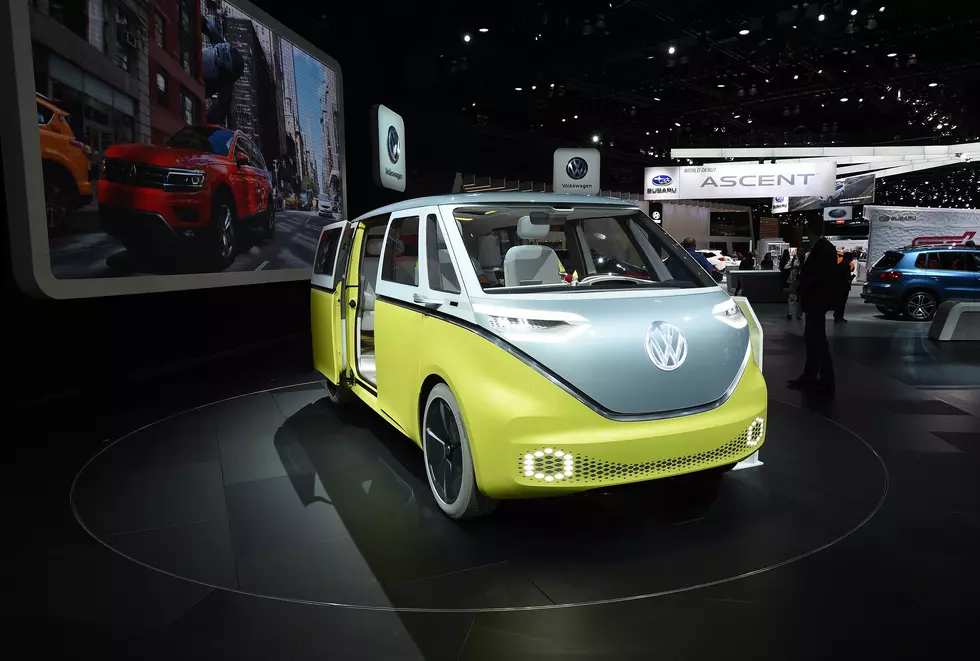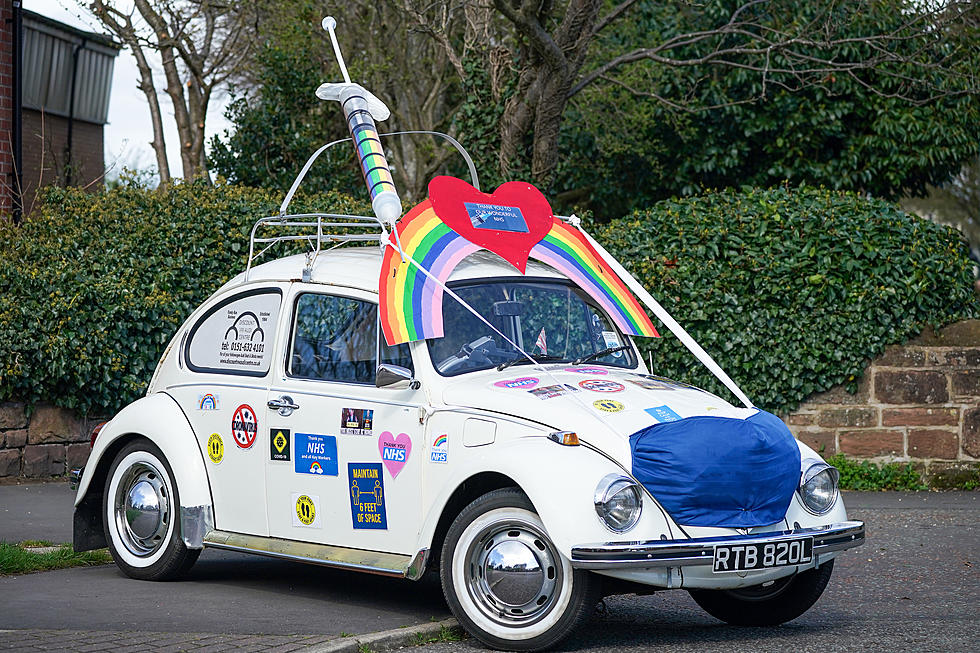
VW Is Bringing Back The Magic Bus, But This Time It’s Hi-Tech
You see a VW Microbus and it does conger certain images in your head, and certain stereotypes, too. There were a fair share of them running around Kalamazoo back in the day, with five colleges and universities in town
One of those stereotypes is now legal, in Michigan; the other is as popular as ever. And guess what's back, this time complete with state of the art technology, no less. Plus, the cherry on top of the cake is, Volkswagen has even given it an appropriate name, the VW Microbus ID:Buzz.
Where do you start a conversation about the Microbus? Its history dates back to before World War II, with ties to Adolf Hitler's desire for a "Volkwagen", a people's car. The first people's car became what we know as the VW Bug. But then after World War II, as Volkswagen wanted to expand its product line, the microbus became the first van.
“Before this, people used large cars, trucks and buses to haul people and cargo around. For many people, the VW Microbus became the symbol of protest with Detroit’s overpowered cars and society in general. It was a way of thumbing their noses at the establishment.” - Roger White, curator of road transportation history with the Division of Work and Industry at the Smithsonian’s National Museum of American History.
The VW bus we most associate with hippies and 1960's war protests is the Westfalia, which hit the US Market in 1956.
Now, VW has taken the microbus and fitted it with the latest electronics. In fact, it will be an electric vehicle, and the current estimate is, it will have a range of about 270 miles per charge, but advances in battery technology are happening all the time, so that appears to be a starting point. The plan is for The Buzz to be self-driving. This new version first debuted at the Detroit Auto Show a few years ago and got a very positive reaction. The company plans to go into production next year, but The Buzz won't hit this side of the Atlantic until 2023.

An article in USA Today says the debut in Detroit was the leading edge of a trend called "van life", where owners travel the country and live in the van. The pandemic has pushed that forward with people able to work from anywhere.
But look at the economics of it. Yes, there might be exceptions, but the only people who might realistically be able to afford this vehicles are young, single, professionals and people 50+ with disposable incomes. The key to the hippies having them back in the day was the vehicles were 10 years old, used and, most importantly, cheap. Have you priced an electric vehicle recently, not to mention one fitted with autonomous capability? Not many stoners will be able to afford this.
Quincy, Michigan Historic Car Show 2019
The 40 Best Cover Songs by Rock Bands
More From 107.7 WRKR-FM







